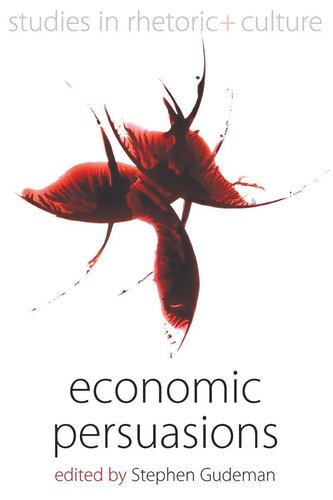

Most ebook files are in PDF format, so you can easily read them using various software such as Foxit Reader or directly on the Google Chrome browser.
Some ebook files are released by publishers in other formats such as .awz, .mobi, .epub, .fb2, etc. You may need to install specific software to read these formats on mobile/PC, such as Calibre.
Please read the tutorial at this link: https://ebookbell.com/faq
We offer FREE conversion to the popular formats you request; however, this may take some time. Therefore, right after payment, please email us, and we will try to provide the service as quickly as possible.
For some exceptional file formats or broken links (if any), please refrain from opening any disputes. Instead, email us first, and we will try to assist within a maximum of 6 hours.
EbookBell Team

5.0
70 reviewsAs the transition from socialism to a market economy gathered speed in the early 1990s, many people proclaimed the final success of capitalism as a practice and neoliberal economics as its accompanying science. But with the uneven achievements of the “transition”—the deepening problems of “development,” persistent unemployment, the widening of the wealth gap, and expressions of resistance—the discipline of economics is no longer seen as a mirror of reality or as a unified science. How should we understand economics and, more broadly, the organization and disorganization of material life? In this book, international scholars from anthropology and economics adopt a rhetorical perspective in order to make sense of material life and the theories about it. Re-examining central problems in the two fields and using ethnographic and historical examples, they explore the intersections between these disciplines, contrast their methods and epistemologies, and show how a rhetorical approach offers a new mode of analysis while drawing on established contributions.